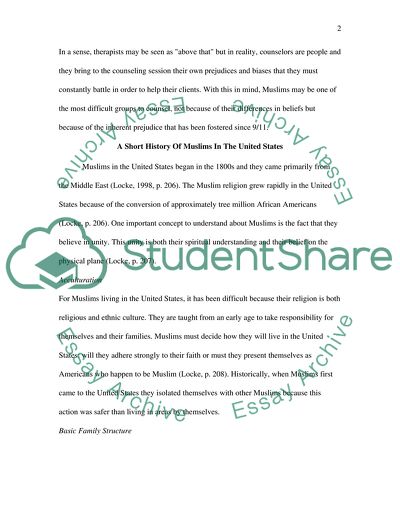Cite this document
(The Assessment and Treatment of Muslims Term Paper, n.d.)
The Assessment and Treatment of Muslims Term Paper. Retrieved from https://studentshare.org/psychology/1729348-the-assessment-and-treatment-of-muslims
The Assessment and Treatment of Muslims Term Paper. Retrieved from https://studentshare.org/psychology/1729348-the-assessment-and-treatment-of-muslims
(The Assessment and Treatment of Muslims Term Paper)
The Assessment and Treatment of Muslims Term Paper. https://studentshare.org/psychology/1729348-the-assessment-and-treatment-of-muslims.
The Assessment and Treatment of Muslims Term Paper. https://studentshare.org/psychology/1729348-the-assessment-and-treatment-of-muslims.
“The Assessment and Treatment of Muslims Term Paper”, n.d. https://studentshare.org/psychology/1729348-the-assessment-and-treatment-of-muslims.


